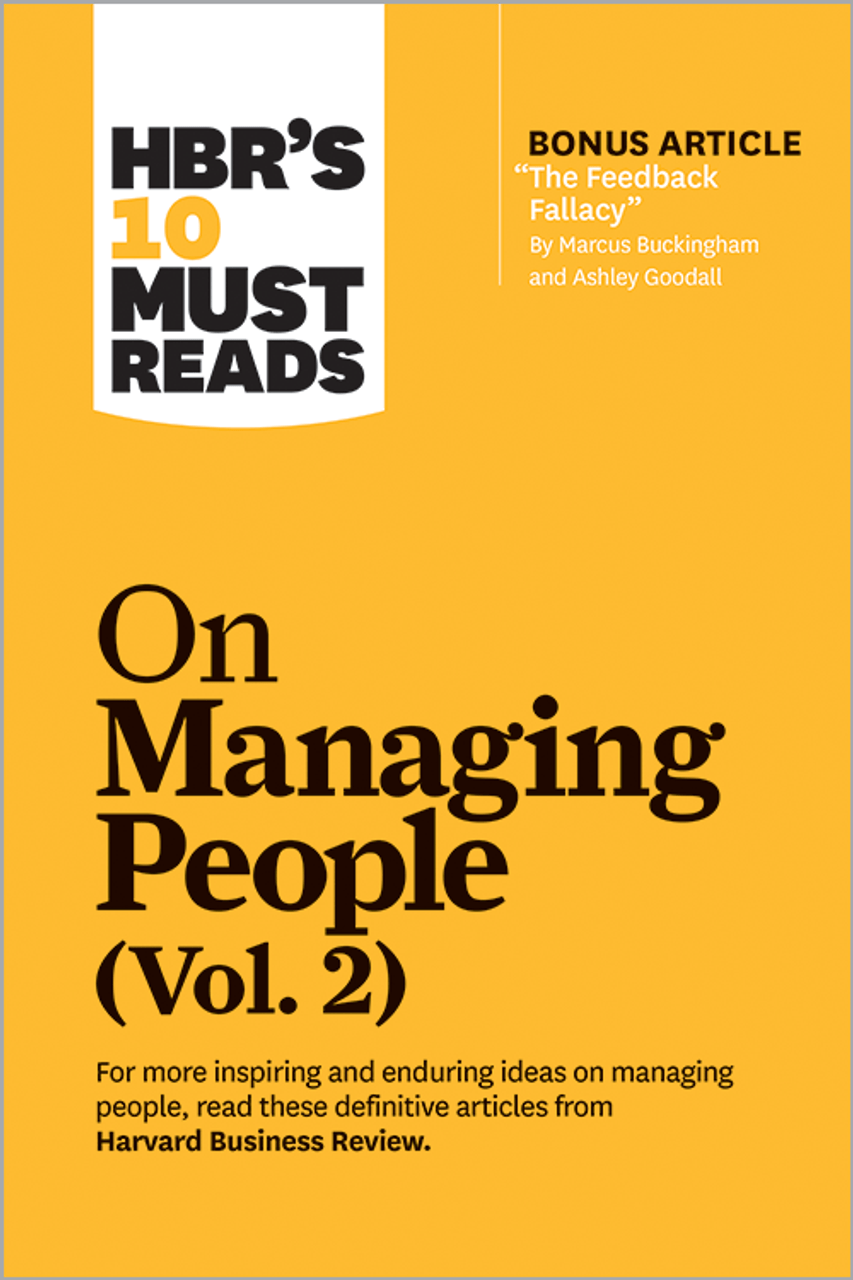
This post was originally published on Filosofía en la Red. It has been translated as part of the APA Blog’s ongoing collaboration with them. The APA Blog is committed to amplifying underrepresented voices in philosophy. If you or someone you know has research that the APA community should know about, send us a pitch.
The question of whether we are free to act compels us to accept that there are different degrees of determinism and that even freedom and causality might be compatible. That was already announced by Saint Augustine, for whom divine providence did not preclude free will. An incompatible position, in which determinism excludes true freedom, could hardly be reconciled with such indisputable phenomena as spontaneity, repentance, rebellion, or resistance, and the capacity for the future, which only finds their place in freedom. On the other hand, free will allows us to explain another undeniable fact, namely, the phenomenon of singularity. We can affirm that there are many types of trees. Some bear fruit, others do not. Some are leafy, others not. Some have deciduous leaves, others are evergreen, but they all grow upwards. Natural determinism is built on the foundations of homogeneity. But in the case of human beings, it is different, since there are as many singularities as there are individuals. And this trait of singularity is only compatible with freedom. Likewise, for many causal or deterministic reasons that govern our actions, we experience the sensation of not being free when acting. And this rational sensation is what truly constitutes freedom of will.
The further we distance ourselves from the natural world, the easier it becomes to move away from determinism. Free will consists of just that: resisting the laws of nature, imposing our freedom of will. Kant said that freedom belongs to the realm of the noumenal world; in the phenomenal world, the laws of nature—and, therefore, determinism—prevail[1]. Only in the noumenal realm can we experience freedom or morality, since both concepts are products of reason; they are not empirical, nor can they be submitted to laboratory testing. And if we were to adopt an existentialist thesis, we would go further, affirming that the capacity for self-control constitutes freedom and the principle of responsibility. This capacity would extend to the very reflection of whether we are free or not, or if we are experiencing freedom, as the ultimate manifestation of our own existence.
Precisely, the purpose of suspending our desires is to deliberate whether they align with our values. But we could reopen the debate at this point, pointing out that these values may be causally conditioned and, to a greater or lesser extent, condition us toward a predetermined behavior. Let’s take the example of a person who steals food because they are hungry. He/she desires to eat and, to achieve this, considers stealing. Before committing a criminal act, they suspend their desire and reflect on whether stealing is aligned with their values. However, the thief could argue that the value that prevents stealing food is merely a matter of social convenience or a normative issue. In turn, a lawyer could argue in court that the value in question is not precisely compliance with a norm, but survival. In either case, we would be dealing with a deterministic decision. This means that a person who cannot deliberate on their own desires is someone who cannot control themselves and, therefore, would not be free to act. To paraphrase Nietzsche: we live in chains, but we are free to choose our chains[2].
Now, if we claim that we are free from our actions because we can suspend our desires to deliberate about them, we ask ourselves if this suspension is voluntary or forced—that is, regarding the suspension of desires: are we conditioned by others? We relate to each other in such a way that we assume that the other, as much as ourselves, has the capacity to suspend his desires in favor of ends and reasons. So would it be the criticisms made to us the motive why we learn to act according to reasons[3]. The other would, therefore, have a relevant identity component in the deliberation process that shapes freedom, giving it a collective or political dimension. Reciprocity would be demanding from the other what is expected of oneself, which reminds us a lot of the Kantian categorical imperative.
However, is the other a threat to our identity? Certainly, distinctiveness gives practical meaning to acting according to reason, since only in the community sphere does the reorientation of behavior make sense. However, this difference should not be seen as something perverse, but only in terms of intersubjectivity. The accusation of the other for acting according to reason should be directed toward the beginning or encouragement of the internal deliberative process. If the other, instead, exercises some kind of domination or coercion over us, his or her role in the deliberate freedom of everyone would end up in pure determinism.
[[1]] According to Kant, in Critique of Practical Reason, the phenomenal world is the world as we perceive it: everything we experience through the senses and then organize by the categories of reason. In this world, natural laws (such as causality) govern, and therefore everything is determined: every event has a cause that explains it. The noumenal world is the world of things-in-themselves, which exists independently of our perception. We cannot know it empirically, but Kant argues that, in this realm, moral freedom is possible. Our free will, when it acts according to rational principles (not by empirical impulses), belongs to this noumenal world.
[[2]] Although this phrase expresses an idea similar to Nietzsche’s thought, it does not correspond literally to any original text by the author. Rather, it is a popular interpretation of concepts such as amor fati (love of destiny), present in his works. Nietzsche states in The Gay Science (1882): I want to learn more every time to see the necessary in things as the beautiful, and thus I shall be one of those who make things beautiful. Amor fati: let this henceforth be my love! (Aphorism 276). This idea emphasizes personal freedom and responsibility in the face of the inevitable conditions of existence.
[[3]] Tugendhat, E. (2006). The Problem of Free Will. Universitas Philosophica, 23(46), 35–51. https://www.scielo.org.co/scielo.php?script=sci_arttext&pid=S0121-36282006000200014
Literature
Kant, I. (2007). Critique of Practical Reason (M. García Morente, Trans.). Alianza Editorial. (Original work published in 1788).
The post Are we free to act or determined by causality? first appeared on Blog of the APA.








